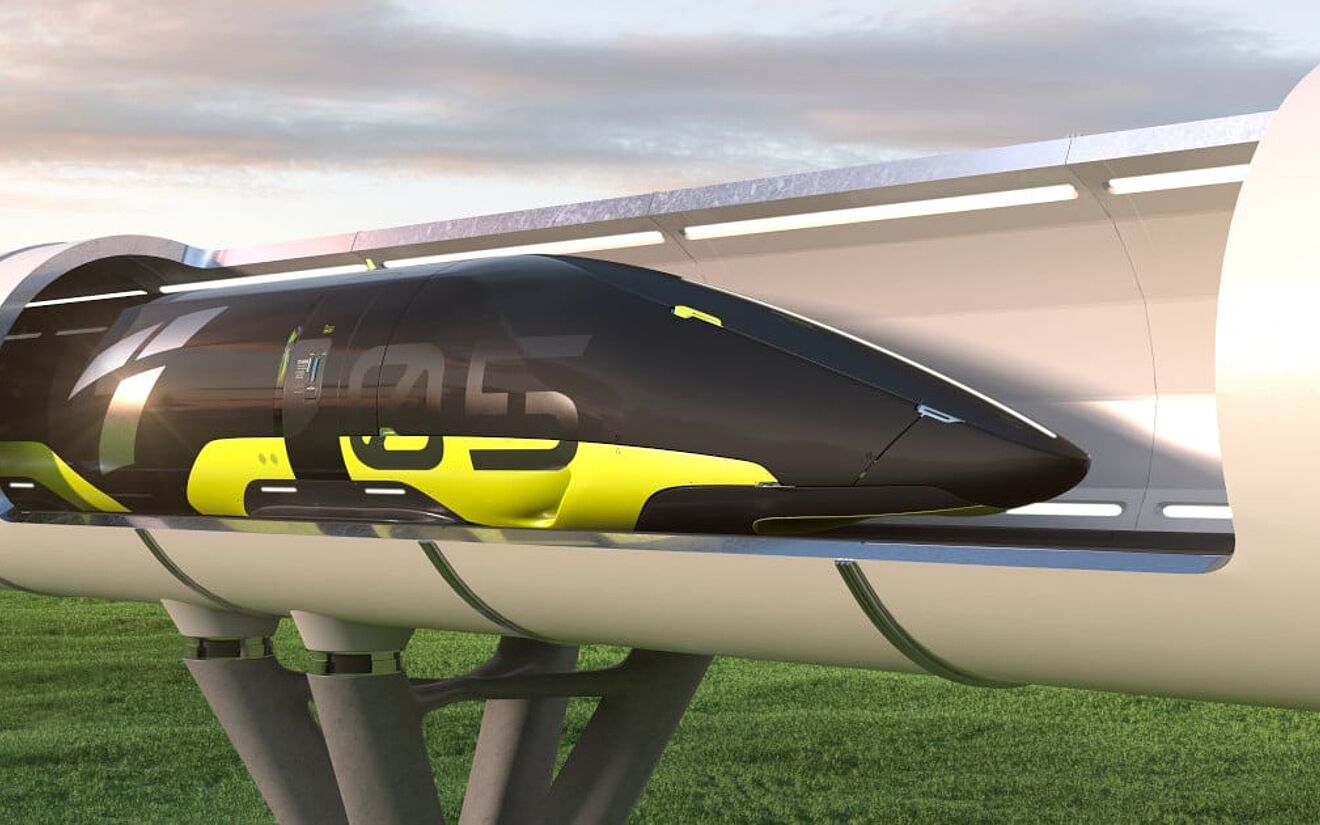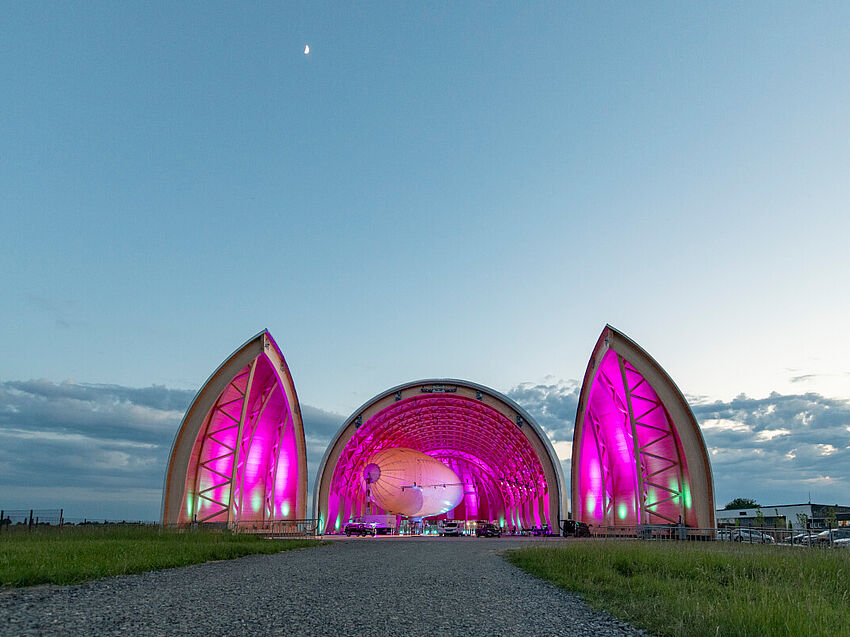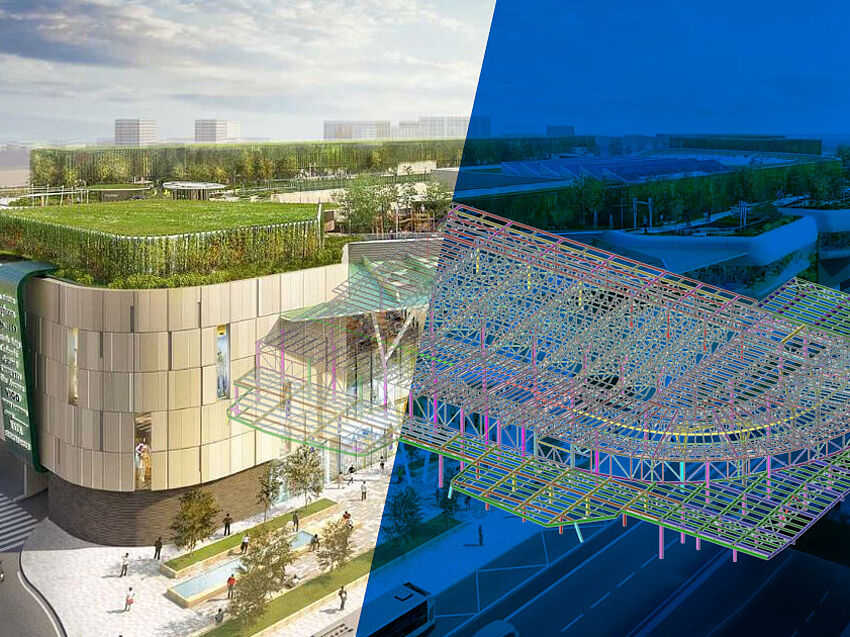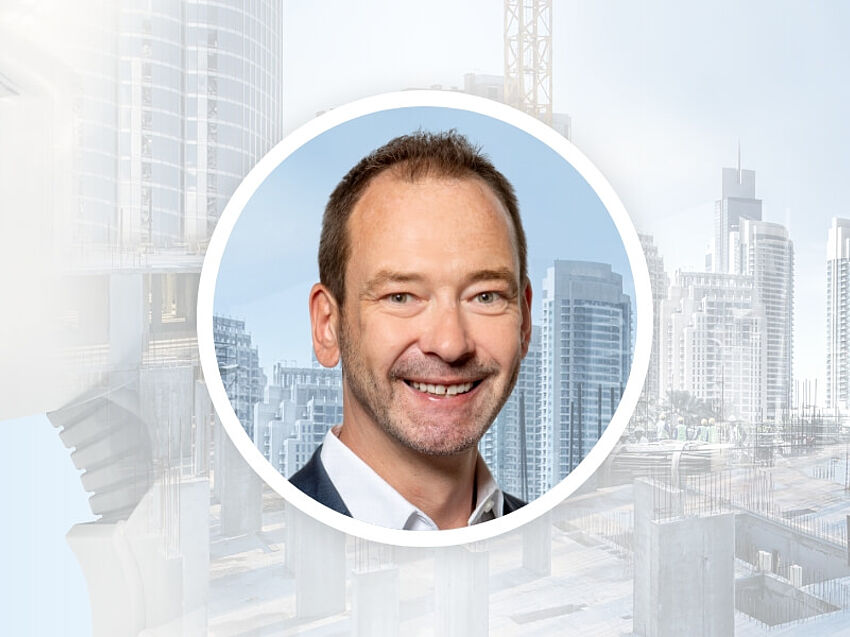Future-proof multi-generational living in a courtyard development
Engineers at the Technical University of Munich (TUM) are making transportation history. After winning all four competitions for the fastest prototypes, the TUM Hyperloop team is now building the first full-scale prototype – including the vacuum tube.
Anyone who has studied the topic of Hyperloop in recent years will not have failed to notice that the TUM student team has so far won all four SpaceX Hyperloop Pod Competitions in California. So, who could be better suited for the development of a “real” Hyperloop system than the champions from the Isar? A research team of 94 members and 29 different nationalities – including professors, scientific staff, and students – are working to turn the vision of climate-neutral travel at hyper speed into reality. In the process, not only is a life-size prototype of the electromagnetically powered passenger capsule to be developed, but also a meter-long piece of the Hyperloop vacuum tube – both by the end of 2022. The capsules are expected to one day float through the tube, both above and below ground, at a speed of 1000 km/h, regardless of the weather. The prototype of the high-tech concrete tube is being designed using ALLPLAN.
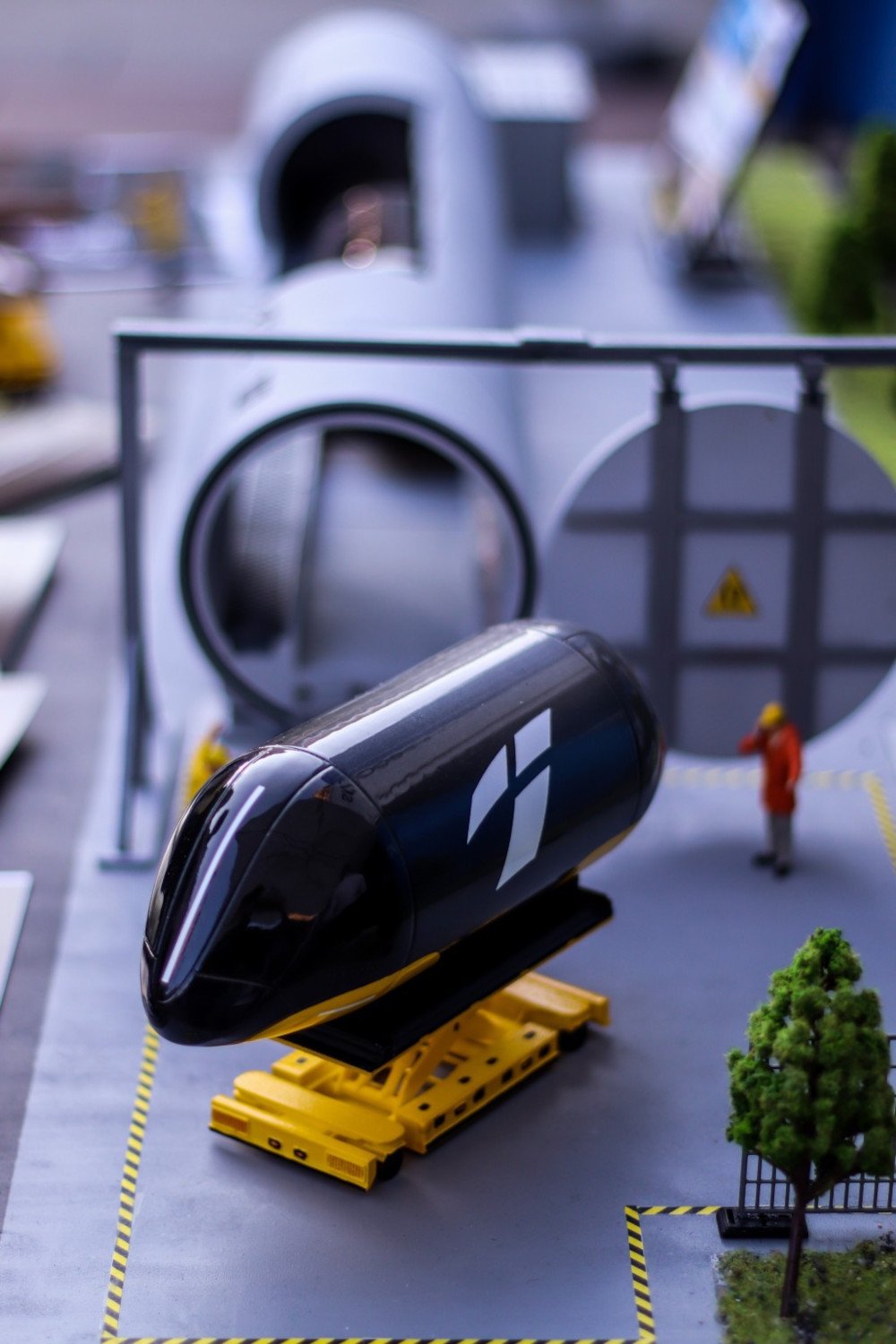
Project in Three Steps
The project has been running since 2019 and comprises three topics. The first of these, simulation, involves the creation of computational tools and models that serve an overall evaluation of the system and provide important input for decisions in the development process. The second area consists of the construction of the 24-meter real-scale demonstrator, which will be used to evaluate the design and collect data for future models. In parallel with the completion of the demonstrator, the third area will be to examine the feasibility of the whole outside the laboratory. This will involve analyzing the potential of the developed system from a financial, market, environmental and safety perspective.
ALLPLAN for the Tube
The research group working on the design of the vacuum tube decided to use ALLPLAN for the design of the concrete structure. The reason for this lies in the positive experience that the young engineers were able to gain with the software during their studies – particularly with regard to the powerful formwork and reinforcement design. The ALLPLAN Campus team is pleased to support the dedicated young researchers in developing technology for a sustainable future of mobility. On the ALLPLAN side, everyone involved is completely enthusiastic about the Hyperloop project, which may well write transportation history.
